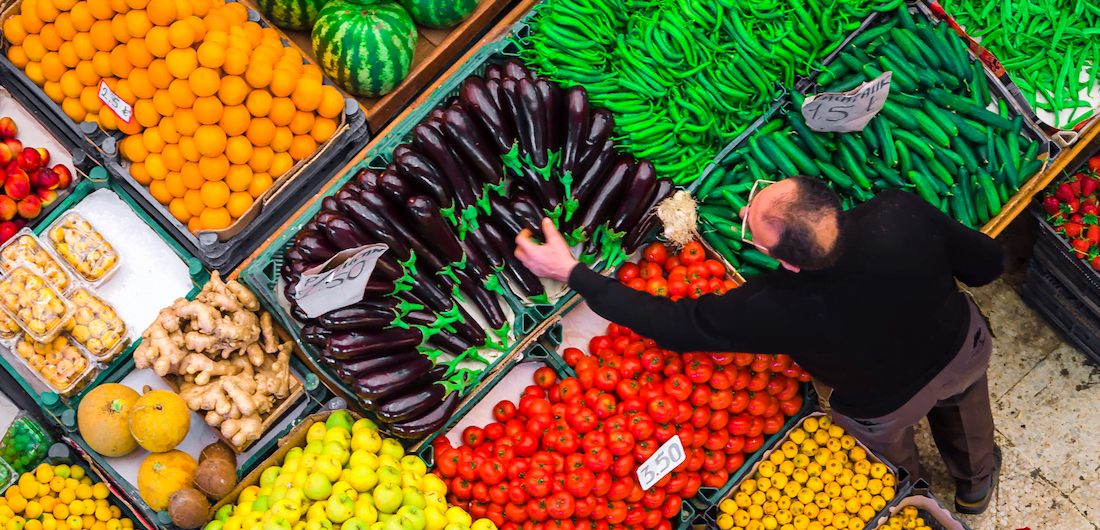Everyone may be talking about their trips to the Grand Bazaar or the Spice Bazaar in Istanbul, but when it comes to shopping local and eating seasonal, the weekly bazaars you'll see in almost every district will offer you a wonderful way to connect with Turkish culture The weekly “pazar,” which is what the Turks refer to as the local bazaars held outdoors and on the streets throughout cities, towns and villages in Turkey, has long been a steadfast tradition. Purchasing the freshest of seasonal and regional fruit and vegetables has always been of utmost importance to Turkish households whose cuisine is centered on the best quality and time of year for produce. But going to a bazaar can be daunting for any foreigner as it can be crowded, loud and chaotic. So, here are some tips on how to shop wisely at one of Turkey’s traditional bazaars: Local bazaars are generally held in different areas of towns on a specific day of the week. This can change when the dates are in close proximity to religious or national holidays in which case they can be held earlier to ensure everyone is able to get their shopping in. They can either be held in designated open-market areas or on specific streets, rendering that particular neighborhood somewhat inaccessible by vehicle. A scene from a local fruit and vegetable bazaar in Konya, central Turkey, in this undated photo. (iStock Photo) The bazaars here in Turkey can pretty much be your one-stop-shop for the week as there are typically separate sections devoted to selling fruit and vegetables, nuts and dried fruits, cheeses and olives, chickens and eggs, plants, kitchenware and sometimes even accessories, clothes and textiles. If the farmers’ market in a particular region is popular enough, sometimes a separate market
Everyone may be talking about their trips to the Grand Bazaar or the Spice Bazaar in Istanbul, but when it comes to shopping local and eating seasonal, the weekly bazaars you’ll see in almost every district will offer you a wonderful way to connect with Turkish culture The weekly “pazar,” which is what the Turks

